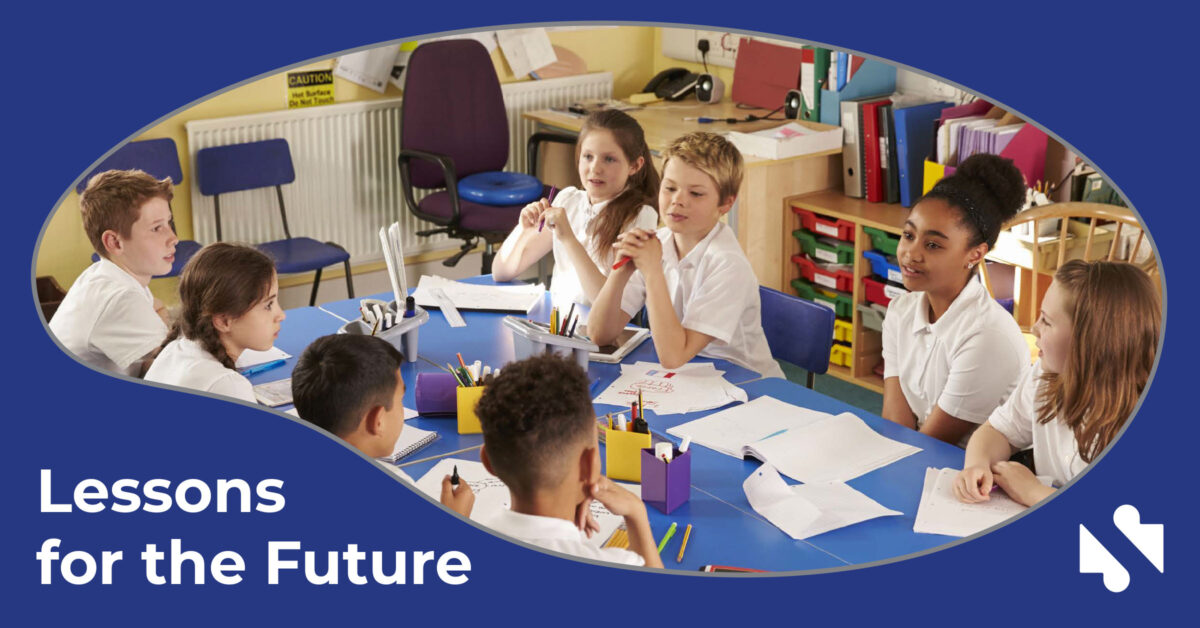Responding to the changes that Covid-19 has wrought on learning requires building on what we know works, as well as looking ahead to what we know students will need.
Although it may seem overwhelming, the time to start reimagining the future of education is now.
Learning is not limited to the classroom, and its complex, multi-faceted delivery shouldn’t rest on the shoulders of any one individual. We believe brilliant learning environments are created through collaboration and a comprehensive, whole school approach.
Re-engage Persistent Absentees
Every lesson that we can prevent a child from missing is another step taken to a brighter academic future. It’s why we must address the Centre for Social Justice’s findings that by the end of 2020 almost 100,000 UK pupils were missing from more than half of their lessons, even after Covid absence is accounted for.
The causes of persistent absenteeism are complex and numerous, often relating to the most vulnerable young people in the system. While not a new problem, it has been exacerbated by the Covid pandemic which has led to some pupils becoming more disengaged. In addition, disruption to funding has led to vulnerability across support services for schools – impacting the school’s ability to tackle absenteeism.
To pivot persistent absenteeism from ‘too difficult to fix’ to ‘all in class’ will involve a sustained commitment from all involved. Government funding is crucial, but so is having robust procedures in place for day-to-day management of attendance. Whether implementing effective tracking data or targeting pupil premium funding, Smart School Services can support schools to help break down barriers to children being in school.

Building Attachment
A central theme for Smart School’s Education Welfare Service is building attachment between staff, parents and pupils. Promoting a strong sense of belonging and making positive human connections. Developing a School Attachment Plan might include peer support programmes, circle time, rights respecting schools, school council, friendship groups or learning mentors, to name a few.

Assistive Technology for SEND Pupils
Creating a school environment that takes down barriers is a central part of addressing absentees. Assistive technology plays a key role for SEND pupils, supporting them to be more independent and maximise their potential. Offering more options for alternative recording, text to speech, graphic organisers, access to online resources, immersive readers and online manipulatives for recording in maths. Smart School’s Literacy & Numeracy Support Service can offer advice on what’s best for your pupils.




